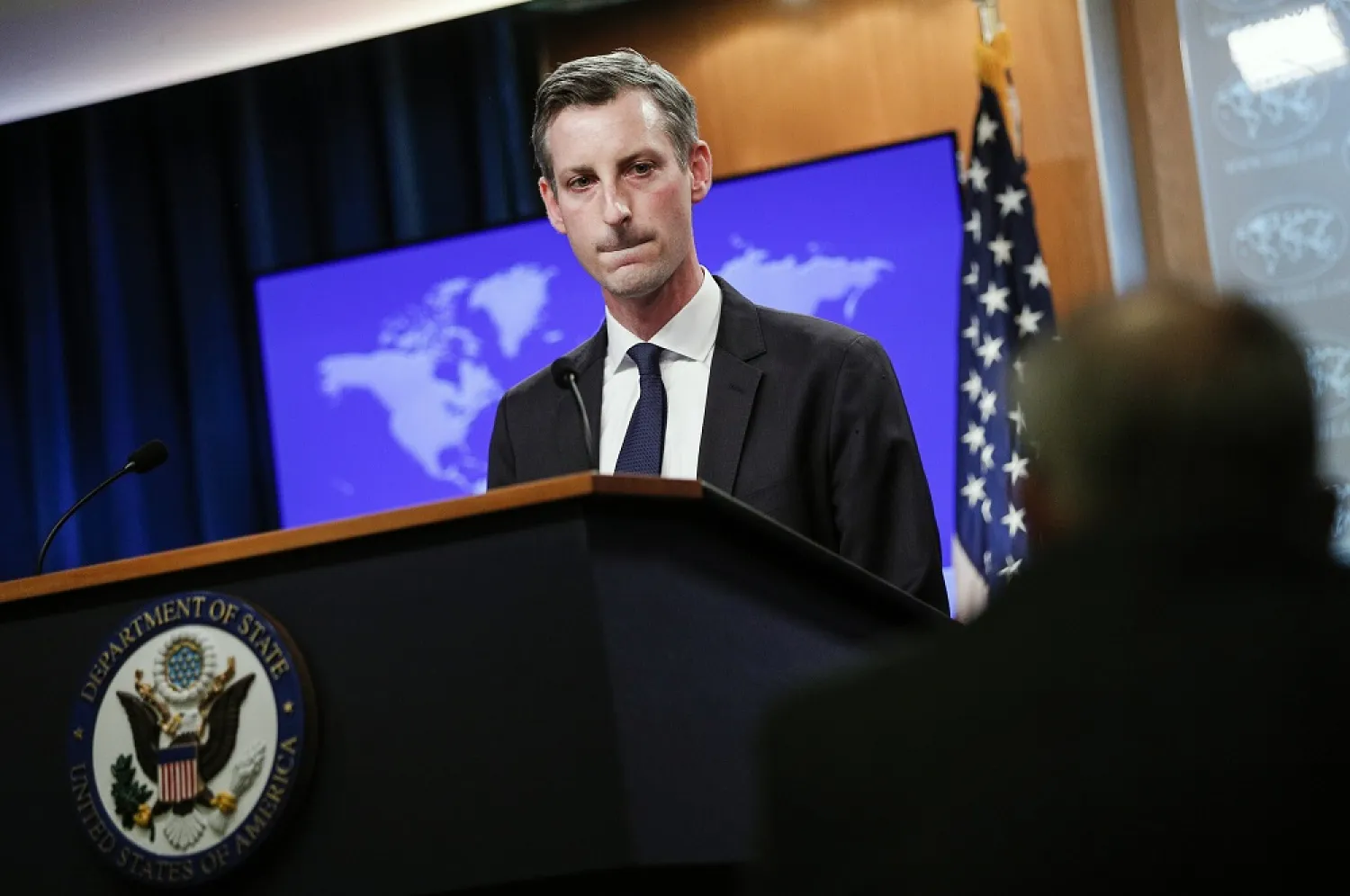Washington has called for galvanizing broader international support to provide relief to the Lebanese people, said State Department spokesman Ned Price.
Saudi Arabia is an important stakeholder in Lebanon, he added in wake of the visit to Riyadh by French Ambassador to Lebanon Anne Grillo and US Ambassador to Lebanon Dorothy Shea.
The ambassadors held trilateral meetings with counterparts in Saudi Arabia to discuss the situation in Lebanon.
Price said the American administration was seeking to provide humanitarian aid to the Lebanese people, stressing that the talks that were concluded in Riyadh will benefit the people.
He stated that Shea and Grillo’s “important” consultations with Saudi Arabia tackled “ways in which together we can support the Lebanese people and, very importantly, help to stabilize the Lebanese economy that has placed such a tremendous burden on the Lebanese people.”
“The strategy we have called for and the strategy that I think is collectively shared by a number of our partners is one that seeks to have Lebanon’s leaders, again, show sufficient flexibility to support a government that is principally willing and capable of supporting fundamental reform so that the Lebanese people can achieve and have access to some of that humanitarian relief and to achieve their full potential,” continued Price.
Lebanon’s leaders need set aside their political bickering and “to put the interests of their people first. And that in turn will lead to, we hope and we seek to help support, concrete reforms that are critical to unlocking longer-term structural support for Lebanon,” he stressed.
“The Lebanese people deserve a government that will urgently implement those necessary reforms, especially given the deteriorating situation of the Lebanese economy,” he remarked.
The economy is in crises “because of years, decades even, of mismanagement, of corruption, of impunity, and more recently because of the inability of Lebanon’s leaders to put aside their political bickering and political disagreements to work for the common good of the Lebanese people.”
“Saudi Arabia is an important regional player,” he continued. “It is an important stakeholder in Lebanon. What we are trying to do, what any number of partners of ours are trying to do, is to put a spotlight on the humanitarian plight of the Lebanese people. This was a constant topic of discussion when Secretary of State Antony Blinken was in Europe and he discussed Lebanon with a number of interlocutors, including Pope Francis.”
In a joint statement on Friday, Shea and Grillo said “their initiative follows up on the trilateral meetings among Blinken, French Foreign Minister Jean-Yves Le Drian, and Saudi Arabian Foreign Minister Prince Faisal bin Farhan Al-Saud on June 29 in Matera, Italy on the margins of the G20 conference.”
During this working visit, Grillo and Shea stressed the “desperate need for a fully empowered government that is committed to and able to implement reforms, noting that the French and US governments, as well as other like-minded partners, continue extending urgent assistance to the Lebanese people, including health, education and food support.”
“Grillo and Shea also emphasized that concrete actions by Lebanon’s leaders to address decades of mismanagement and corruption will be crucial to unlocking additional support from France, the United States, and regional and international partners.”









